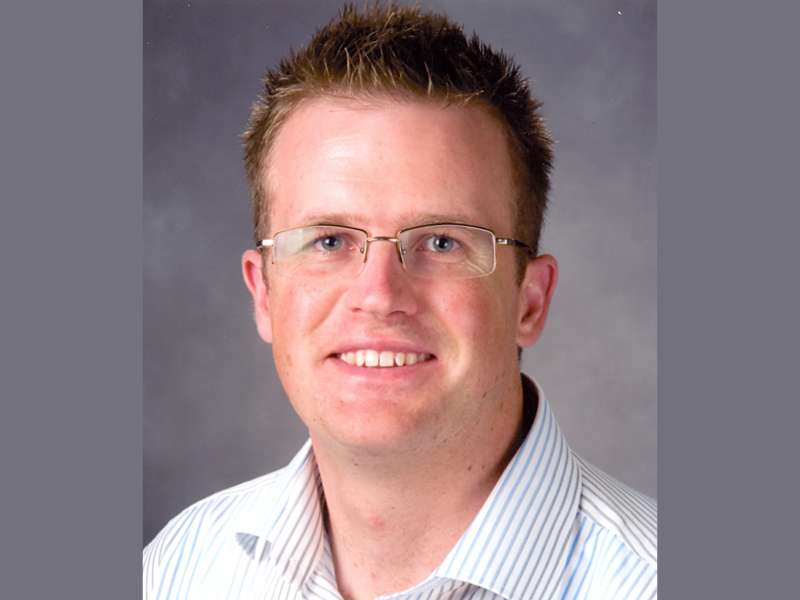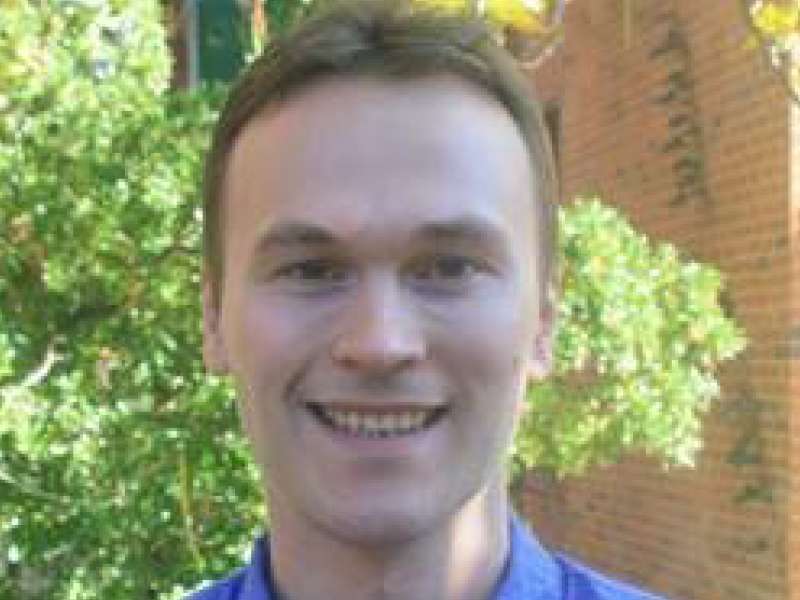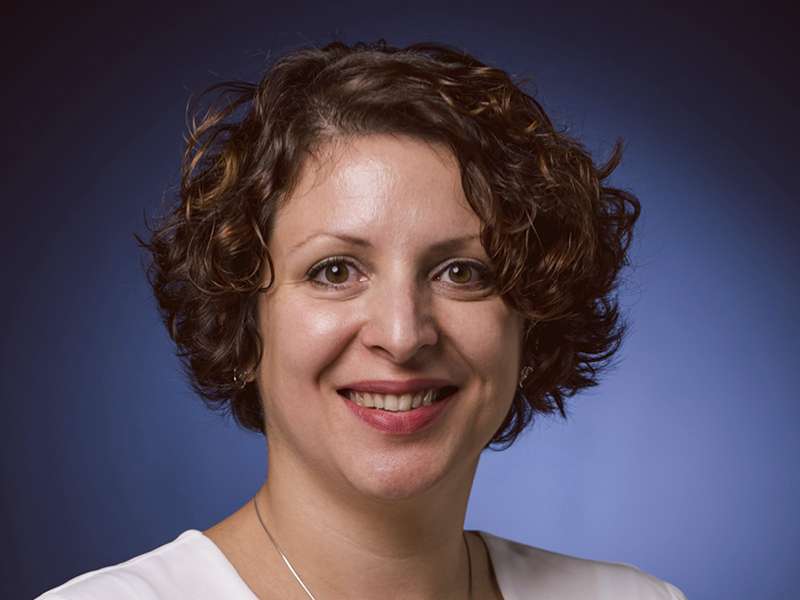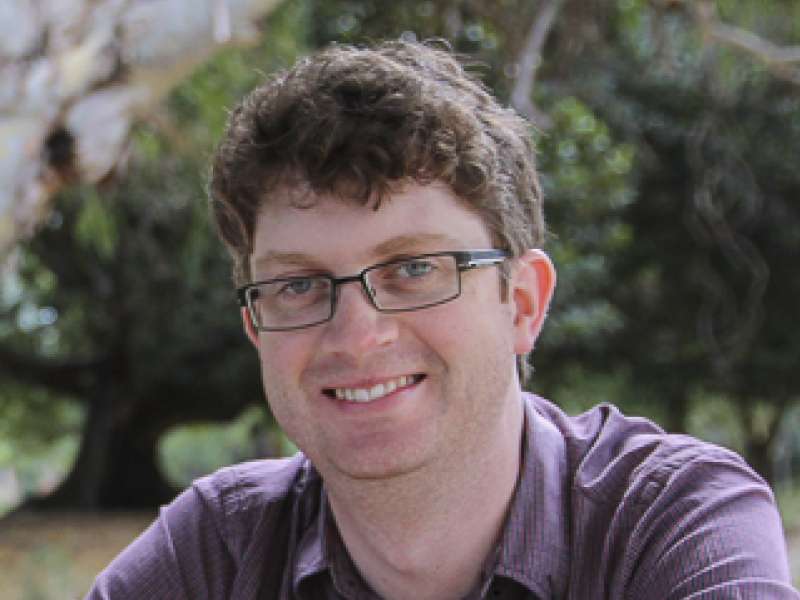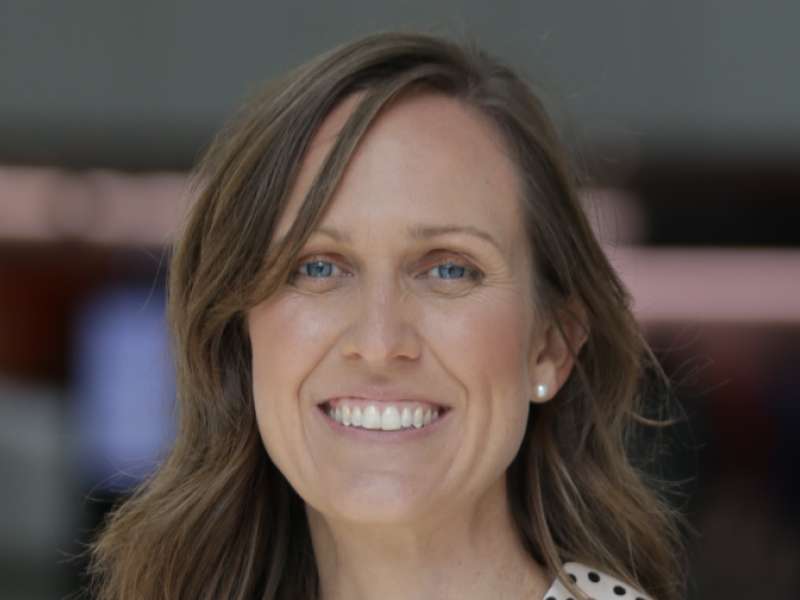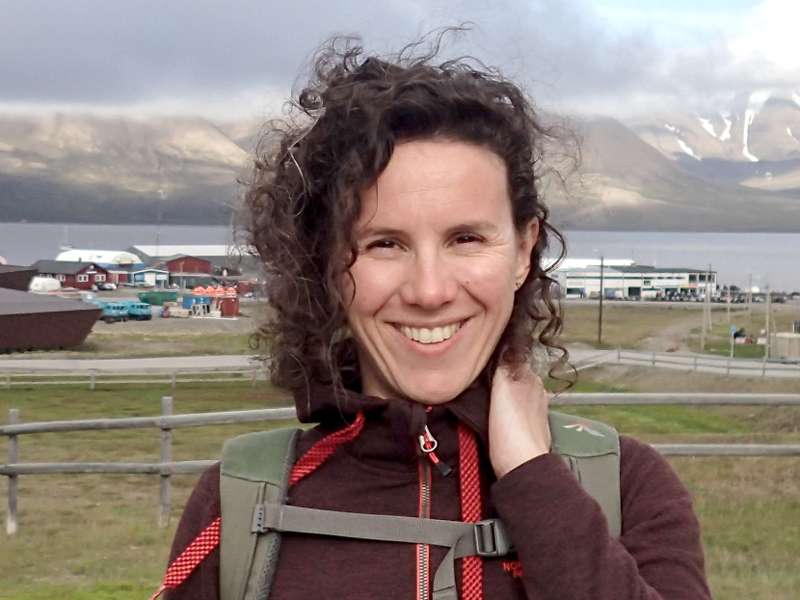Despite major advances in how we treat higher risk individuals, someone dies of cardiovascular disease every 12 minutes in Australia. As we age we get less “bone” in our bones, and more in our blood vessels. While genetic studies and clinical trials have consistently demonstrated this link, it remains poorly understood.
Dr Lewis’ research focuses on genetic, nutritional and clinical epidemiology and clinical trials to understand why and how blood vessels calcify, and how this relates to bone loss in order to prevent fractures, heart attacks and strokes in older Australians. He has recently focused on identifying people with bone-vascular disease and developing and implementing ways to alter cardiovascular disease progression.
Joshua’s public outreach includes numerous media interviews, community engagement through WA Science in the Cinema, and worked on toward a WA food agenda with farmers, industry, community members and local government. Dr Lewis received his PhD from Murdoch University in 2009, and is currently at NHMRC Career Development Fellow at Edith Cowan University.
Associate Professor Debbie Silvester
Toxic gases are released in industrial applications, and are a big contributor
to industrial pollution. At high concentrations, they can cause severe illness,
damage to living tissue, and even death. Since many toxic gases are invisible
and odourless, sensing instruments are required to detect leaks and direct
personnel to evacuate the area.
A/Prof Silvester is selectively designing functionality of electrolyte materials
and electrode surfaces to target and respond to specific gases below their
permissible exposure levels. Her research can be used to help design improved
gas sensing devices that are low cost, miniaturized, portable, sensitive and
selective, resulting in improved workplace safety for personnel who may be
exposed to toxic gases.
Debbie actively communicates and promotes science to wide audiences,
discussing her research and general science to primary and high school
children, as well as participating on women in STEM panels. A/Prof Silvester
received her DPhil from the University of Oxford in 2008, and is currently ARC
Future Fellow at Curtin University.
Dr.Stephanie Rainey-Smith
With an increasingly aged population, Alzheimer’s disease and dementia are major health and economic issues, with no cure currently available.
Dr Rainey-Smith aims to understand the impact of sleep, diet and physical activity on the ageing brain to guide the development of strategies aimed at preventing the onset of disease. Her research focuses on the identification of lifestyle factors which impact upon cognitive decline and neurodegenerative pathology through the use of neuroimaging, blood and cerebrospinal fluid biomarkers.
Stephanie actively promotes her research in a number of ways, by engaging
with members of State and Commonwealth Governments, at Science Lands in
Parliament event, through regular media interviews, and participation in public
forums. Dr Rainey-Smith received her PhD from King’s College London in 2010, and is currently a Senior Research Fellow at Edith Cowan University.
Associate Professor Richard Norman
Healthcare provides huge opportunities to immensely improve lives but often comes at a significant cost, which necessitates techniques to measure and value health outcomes resulting from different interventions against their costs.
A/Prof Norman’s work emphasises valuing patients’ quality of life when faced with making difficult economic and funding decisions around healthcare, information which can assist both care providers to justify service funding and governments exploring whether service funding is justified. He incorporates generation population survey information to seek to quantify the values placed on different issues to align governmental health decision making with societal values.
Richard has a strong focus on policy impact through involvement in many
Government Advisory Committees that have directly impacted government policies.
To explain his research to the public, he has done many media interviews, and
published pieces in The Conversation. A/Prof Norman received his PhD from the University of Technology Sydney in 2012, and is currently a Senior Research Fellow at Curtin University
Dr Katarina Miljkovic
The Earth is just one planet in our diverse cosmic backyard, and other planetary environments can be wildly different. Studying the clusters of craters in Mars’ crust resulting from collisions and impact events can help us understand Mars’ interior structure, which may lead to developing a unified theory of how rocky planets form.
Dr Miljkovic explores our geologic origins by studying the geophysics of planets and moons through craters on the surface of Earth, the moon, asteroids and Mars.
She also uses numerical modelling to simulate impact events throughout the Solar system. Her team will have access to data collected from a seismometer placed on the Mars surface by NASA’s InSight mission, with the aim to understand the planet’s interior structure.
Katarina’s extensive public outreach includes numerous engagements with
high school students, wide ranging media interviews and contributions to The
Conversation, and events with the Australian Space Agency. Dr Miljkovic received her PhD from the Open University United Kingdom in 2010, and is currently ARC DECRA Fellow at Curtin University.
Dr Willem Joost Lesterhuis
Immunotherapy aims to boost the immune system against cancer.
However while some people benefit immensely, many patients don’t
benefit at all.
Dr Lesterhuis’ research aims to identify the molecular mechanisms
underlying the response to antibodies that block inhibitory receptors on
immune cells, so called ‘checkpoint blockers’, and to use this information
to design new treatment combinations. His team have subsequently tested
these newly identified drug combinations, and are currently in early-phase
clinical trials in people with mesothelioma.
Willem’s public outreach has included lectures and workshops with school
students, presenting his research for people who have been exposed
to asbestos and patients with mesothelioma, and the development of
an animated movie for YouTube. Dr Lesterhuis received his PhD from
Radboud University Nijmegen, the Netherlands in 2010, and is currently
a Senior Lecturer at the University of Western Australia and the Sarcoma
Group Head at the Telethon Kids Institute.
Dr Chris Brennan-Jones
Approximately one in four non-Aboriginal children and one in two Aboriginal
children will suffer from recurrent or chronic ear infections, known as otitis media (OM), which can cause temporary or permanent hearing loss, with the average waiting time for assessments over two years. Serious medical complications from untreated OM can cause long-term delays in language development and opportunities.
Dr Brennan-Jones leads a team of researchers developing telehealth solutions
to enable specialists to view patient results remotely and initiate treatment within weeks, resulting in faster, more cost-effective access to ear health, that will lead to improved hearing and developmental outcomes for these children.
Chris’ public outreach includes community presentations to parents, Aboriginal community members and the general public, many media interviews, and meetings with State and Commonwealth Ministers. Dr Brennan-Jones received his PhD from the University of Western Australia in 2017 and is currently NHMRC Early Career Fellow with the Telethon Kids Institute, a Clinical Senior Lecturer at the University of Western Australia, and Senior Paediatric Audiologist at Perth
Children’s Hospital.
Associate Professor Asha Bowen
Skin infections are a big problem for remote-living Australian Aboriginal children. In fact, almost one in two children at any one time will have a painful or itchy skin sore on their arms or legs. If not treated properly, skin infections can allow bacteria to enter the body and cause blood poisoning or sepsis, bone infections and lifelong damage to the kidneys and heart.
A/Prof Bowen’s comprehensive approach to skin health is an exemplar for dealing with diseases of disparity and environmental health in remote Aboriginal communities, and includes leading clinical trials to address identified knowledge gaps; advocating for public health action on diseases of inequity and developing guidelines to translate knowledge into policy and practice. Her team regularly visit remote Aboriginal communities to
learn from Elders and families, and aims to develop culturally appropriate healthy skin messages by working closely with community members.
Asha’s wide-ranging public outreach has included science activities and events with primary and high school children, and numerous interviews in magazines, radio, print, and television. A/Prof Bowen received her PhD from Charles Darwin University in 2015 and is currently NHMRC Early Career Research Fellow at the Telethon Kids Institute, Paediatric Infectious Diseases specialist at Perth Children’s Hospital and Clinical Associate Professor, University of Western Australia.
Dr Catherine Anne Boisvert
Curtin University
Evolutionary developmental biology works to understand the mechanisms of
evolution by combining the study of development in living animals with fossils.
Paleontology tells the story of what happened in deep time. The combination of these fields can allow us to understand the evolution of the vertebrate body.
Dr Boisvert uses a combination of fossil imaging and gene expression to study and understand evolutionary processes, particularly the transition from jawless to jawed fishes which occurred around 400 million years ago. By tracing these connections, Dr Boisvert aims to unlock the mechanisms of human health and disease.
Catherine regularly communicates her research and passion for science in many ways, including involvement in television programs, media interviews, and is active in the promotion of science to children and the general public. Dr Boisvert received her PhD from Uppsala University, Sweden in 2009, and is currently a Senior Research Fellow at Curtin University.
Dr Amelie Meyer
Institute for Marine and Antarctic Studies
University of Tasmania
Research Field: Oceanography
Polar regions are particularly affected by climate change, and changes at the poles impact the rest of the world through rising sea levels due to melting ice and fluctuations in atmospheric features that drive changes in storm patterns. Dr Meyer studies ocean mixing, ocean-sea ice processes and climate system interactions in polar and sub-polar regions. Her recent research in the Arctic identified the increasing role of the ocean in sea ice decline.
Amelie’s passion for science communication is shown in her a large number of national and international radio and television interviews, participation in many documentaries, and the discussion of ocean and the climate at high school visits.
Dr Meyer completed her PhD at the University of Tasmania in 2014, and is currently a Research Fellow at the University of Tasmania.

